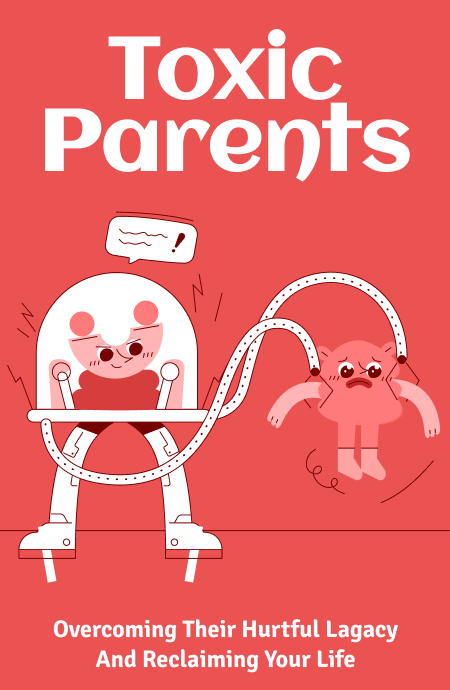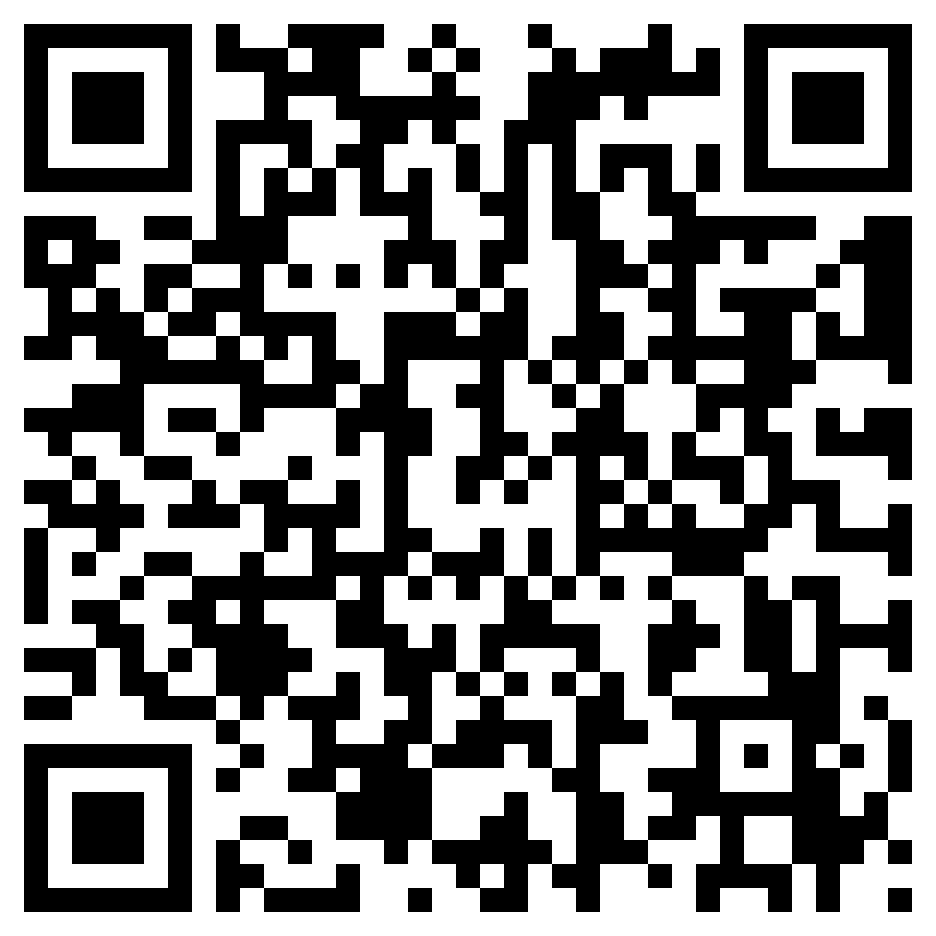Lesson 1- Can Parents be Toxic?
The attachment style of human beings is created in response to their relationship with their earliest caregivers, mostly parents. Our parents plant mental and emotional seeds in us and these seeds grow as we do. In some families, these are seeds of love, respect, and independence. But in many others, they are seeds of fear, obligation, or guilt.
Parenting is a huge task; we need to understand that no parent is perfect. All parents are deficient from time to time. Parents are only human and have plenty of problems of their own. Most children can deal with an occasional outburst of anger as long as they have plenty of love and understanding to counter it. But there are many parents whose negative patterns of behaviour are consistent and dominant in a child's life. These are the parents who do the maximum harm to their children. Sexual or physical abuse can be so traumatic that often a single occurrence is enough to cause tremendous emotional damage. Children who grow up experiencing trauma end up with damaged self-esteem, leading to self-destructive behaviour. They almost all feel worthless, unlovable, and inadequate.
When these children become adults, they continue to bear the burdens of guilt and inadequacy, making it extremely difficult for them to develop a positive self-image. As a child's self-esteem is undermined, his dependence grows, and with it, his need to believe that his parents are there to protect and provide. The only way emotional assaults or physical abuse can make sense to a child is if he or she accepts responsibility for the toxic parent's behaviour. That brings us to the concept of denial. Denial is both the most primitive and the most powerful of psychological defences. It employs a make-believe reality to minimize, or even negate, the impact of certain painful life experiences. It even makes some of us forget what our parents did to us, allowing us to keep them on their pedestals. However, the relief provided by denial is temporary and usually comes at a higher price. It almost acts like a lid on a pressure cooker; the longer we keep it on, the more pressure builds up and eventually leads to an outburst. Such outbursts can lead to a severe emotional crisis which demands we face the truths from which we ran thus far.
For many adult children of toxic parents, denial is a simple, unconscious process of pushing certain events and feelings out of conscious awareness, pretending that those events never happened. There are others who use it to rationalize, to make sense of the pain and uncomfortable situations faced by them
Unlock Knowledge with Wizdom App
Explore a world of insights and wisdom at your fingertips with the Wizdom app.
 1 Million+ App Download
1 Million+ App Download  4.9App Store Rating
4.9App Store Rating 5000+Summaries & Podcasts
5000+Summaries & Podcasts
Reviews for Summary of Toxic Parents
Unlock Toxic Parents Lessons!
FAQs
In the summary of Toxic Parents book, there are 8 key lessons. These lessons include:
- Lesson 1- Can Parents be Toxic?
- Lesson 2- The Basic Needs of Children
- Lesson 3- The Notion of Control
- Lesson 4- Verbal Abuse
- Lesson 5- Physical Abuse
- Lesson 6- Forgiveness: A Step Towards Healing
- Lesson 7- Be Self-Defined
- Lesson 8- Break the Cycle




